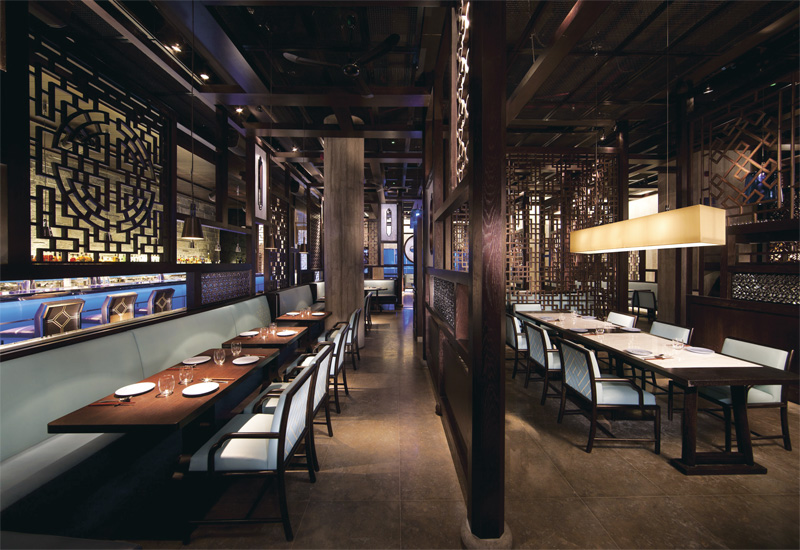Middle East operators are capitalising on a gap in the market for authentic Chinese F&B
There’s been a surge in the number of Chinese restaurants hitting the regional scene in the last few years: from Hukama at The Address Downtown Dubai to Shang Palace at the Dubai Shangri La and The China Club on Dubai’s Baniyas Street, not forgetting of course, Chinese chain P.F Changs.
Then you’ve got Ruby Wu’s at the Radisson Blu Hotel in Doha, China Garden in Bahrain and Tang Chao in Kuwait – the list is endless.

| Advertisement |
And with 1,128% rise in Chinese and Hong Kong visitors to Dubai alone between 2001 and 2010, it’s no wonder.
The growing demand from Chinese visitors has impacted on the foodservice industries, not to mention the number of Middle Eastern visitors with China’s economy booming and predictions of it hitting more than 7.5% of its economic growth target.
Where ingredients themselves are concerned; suppliers of Chinese ingredients and foodstuffs have grown in the region.
“The local market for Chinese products is far better than what it used to be even some ten years ago. Finding simple things like bean sprouts back then was like mining for gold.
Now, products are very easy to find and most can be located in supermarket chains around the UAE,” chef George Chee of Long Yin at Le Meridien Dubai, told Caterer.
While in the UAE, competition is fierce on the Chinese F&B front, the situation in Riyadh is a little different, with the only real high-end hotel-based restaurant serving authentic Chinese cuisine being The Ritz-Carlton Riyadh claims chef de cuisine Hong Kong restaurant, Danny Khoo. And, he says, the most important thing for him is authenticity.
“We are known for our authenticity in preparation, beautiful ambiance and knowledgeable, attentive service. We do not compromise on authenticity of preparation nor do we alter recipes to semi-Chinese to suit patronage,” says Khoo.
Article continues on next page ...









 Search our database of more than 2,700 industry companies
Search our database of more than 2,700 industry companies









